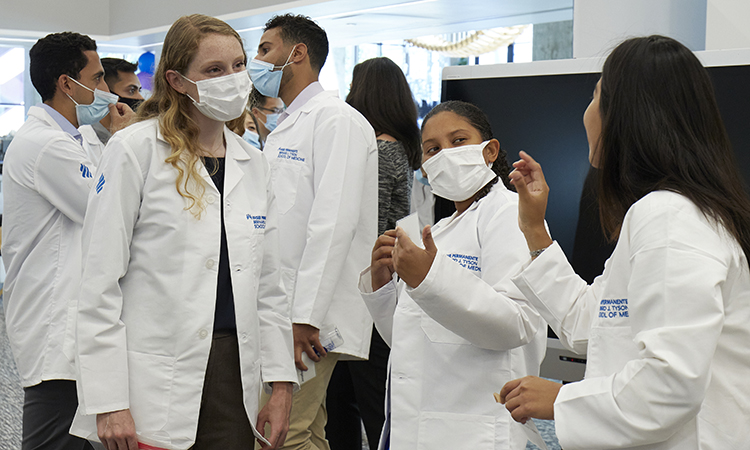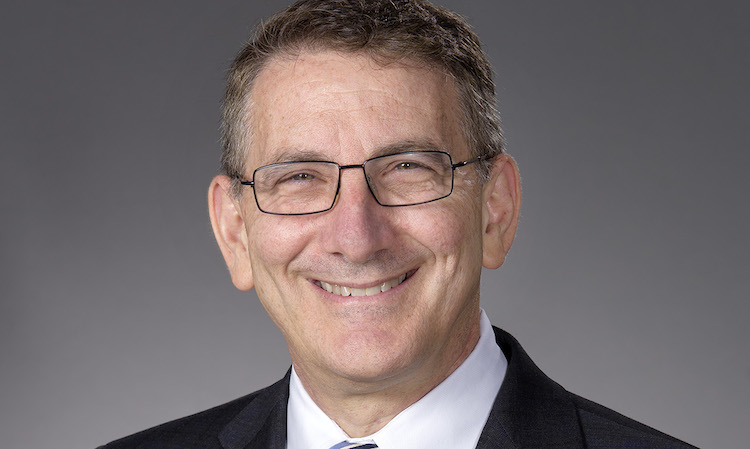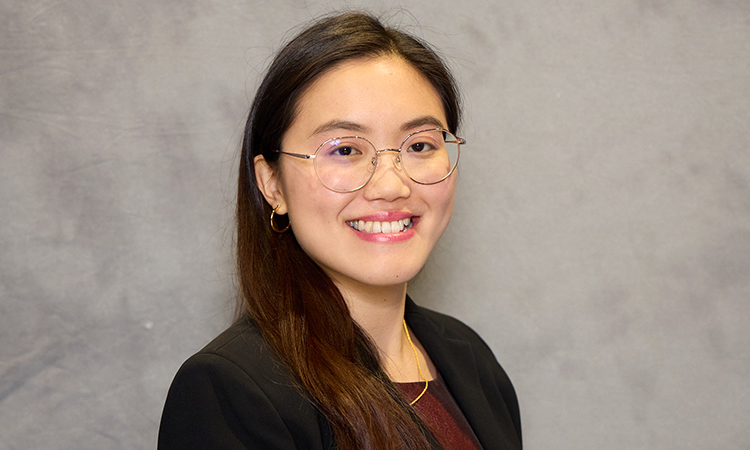Mark Schuster, MD, PhD, Founding Dean and CEO of the Kaiser Permanente Bernard J. Tyson School of Medicine (KPSOM) was featured in an August 22, 2022, Pasadena Now article in which he shed light on the school’s recognition as “the sixth most diverse medical school in the nation – and the second most diverse in California.” Dean Schuster shared details on the school’s active plans to instill diversity and inclusivity into its recruitment of students, particularly those who are Black, Latinx, Indigenous, and Pacific Islander. He also discussed KPSOM’s overall goals and continued innovation; the school’s unique integrated curriculum that includes biomedical, clinical, and health system science; and the school’s commitment to waive students’ tuition fees through 2024 while providing considerable grant aid to offset the cost of living for students with financial need.
From Pasadena Now:
School’s Focus on Diversity Highlighted
Dean Schuster expounds on the unique curriculum, goals, and innovation of KPSOM




